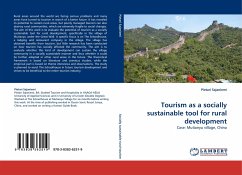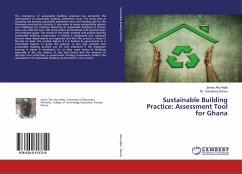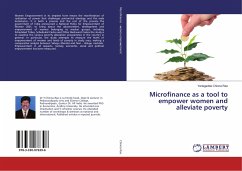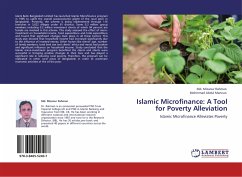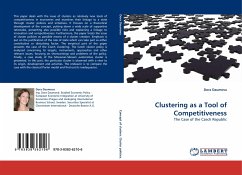Rural areas around the world are facing serious problems and many areas have turned to tourism in search of a better future. It has revealed its potential to sustain rural areas, but poorly managed tourism can also destroy rural communities, which are extremely fragile to social changes. The aim of this work is to evaluate the potential of tourism as a socially sustainable tool for rural development, specifically in the village of Mutianyu under the Great Wall. A specific focus is on The Schoolhouse, a lodging and restaurant company in the village. The village has obtained benefits from tourism, but little research has been conducted on how tourism has socially affected the community. The aim is to evaluate whether this kind of development can sustain the village community in a socially sustainable manner and thus whether it could be further adopted in other rural areas in the future. The theoretical framework is based on literature and previous studies, while the empirical part is based on theme interviews and observations. The study is planned to assist The Schoolhouse in future tourism development and strives to be beneficial to the entire tourism industry.
Bitte wählen Sie Ihr Anliegen aus.
Rechnungen
Retourenschein anfordern
Bestellstatus
Storno

